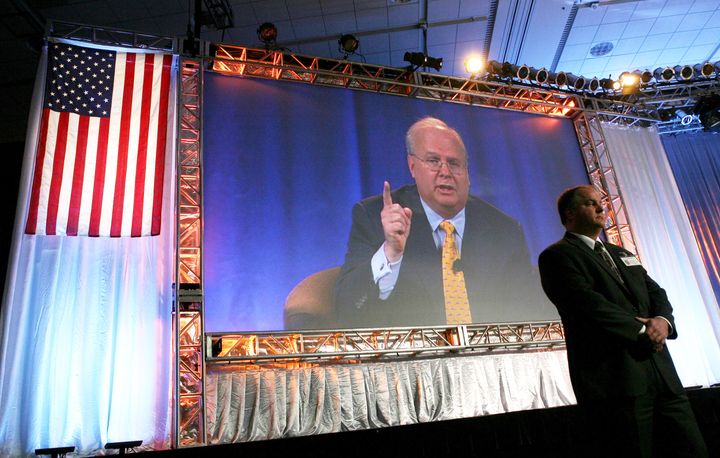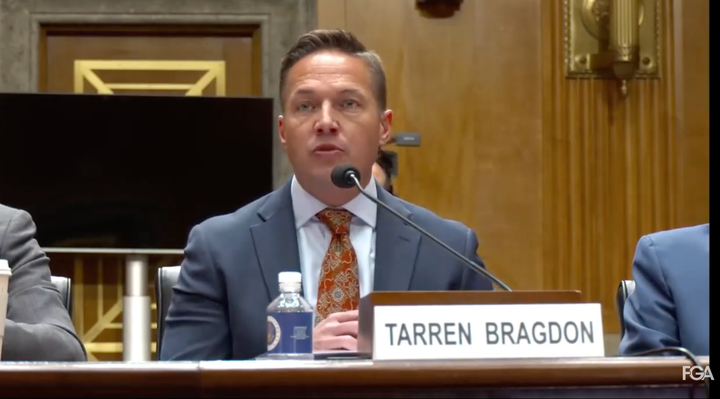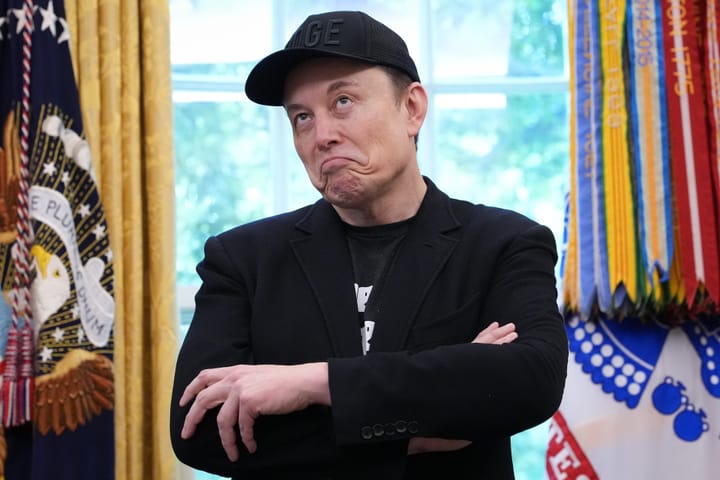The Supreme Court on Tuesday denied a stay request from Karl Rove’s dark money group, Crossroads GPS, preserving a lower court ruling that requires so-called dark money political groups to start disclosing the identities of their anonymous donors.
Effective immediately, any group that makes more than $250 in independent expenditures must publicly disclose donors who give more than $200 in a year.
“This is a great day for transparency and democracy,” said Noah Bookbinder, executive director of Citizens for Responsibility and Ethics in Washington (CREW), the watchdog group behind the lawsuit.
“Three courts, including the Supreme Court, have now rejected Crossroads’ arguments for a stay, meaning we’re about to know a lot more about who is funding our elections,” Bookbinder said.
CREW’s lawsuit was in response to reports that Crossroads GPS failed to report contributions that were made in 2012 by an anonymous donor to be spent on efforts to defeat Sen. Sherrod Brown (D-Ohio). The lawsuit argues that the Federal Election Commission (FEC) failed to enforce campaign finance laws that require outside spending groups to disclose any donations above $200 that are intended to influence the outcome of federal elections.
Crossroads GPS has spent more than $110 million on political efforts since 2010 without publicly disclosing its donors, making it the second largest dark money group, according to a new report from campaign finance reform group Issue One.
The ruling from the U.S. District Court for the District of Columbia was scheduled to take effect on Monday, but over the weekend Supreme Court Chief Justice John Roberts granted an emergency stay, throwing its implementation into doubt. However, today’s motion from the Supreme Court did not indicate dissenters, suggesting that Roberts’ action was meant to pause the ruling from taking effect until the full court could weigh in, not to block it.
Non-profits groups, including 501(c)(4) social welfare organizations, 501(c)(5) unions, and 501(c)(6) trade associations, have increased their spending on elections in recent years without having to disclose the sources of their funding. According to campaign finance data compiled by OpenSecrets, these dark money groups spent $92 million in the 2016 elections, and have already spent $65 million on the 2018 midterms.
FEC Commissioner Ellen Weintraub celebrated the Supreme Court’s decisions on Twitter.
“This is a real victory for transparency. As a result, the American people will be better informed about who’s paying for the ads they’re seeing this election season,” Weintraub tweeted.



